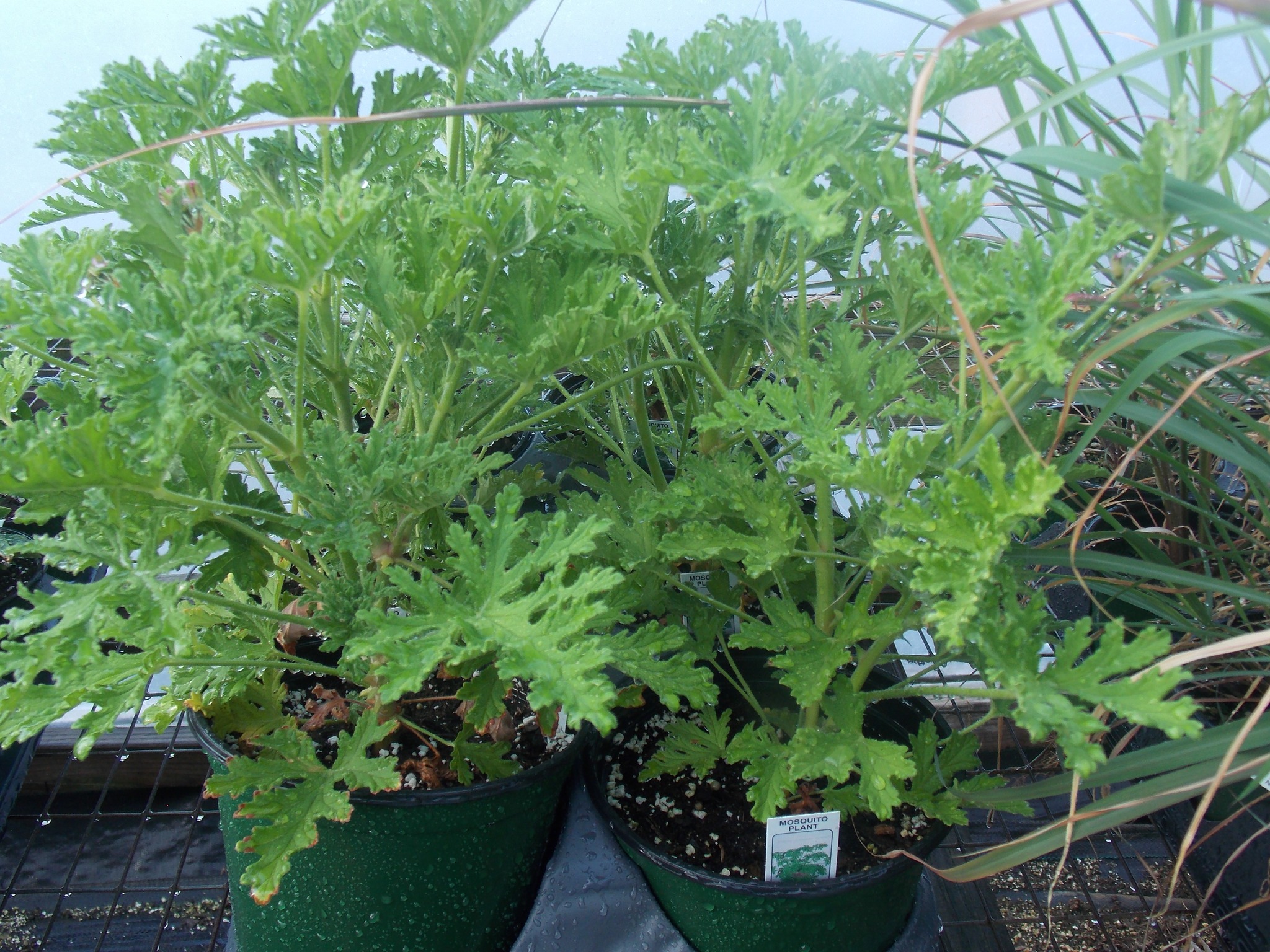
Summer nights spent swatting at pesky mosquitoes? Not on our watch! While chemical repellents can be effective, many people are turning towards natural solutions for a calmer, greener approach. Enter the power of plants! Many indoor varieties boast the remarkable ability to repel these unwelcome guests, transforming your home into a mosquito-free sanctuary. Here are 10 of the best indoor plants to keep those buzzing bloodsuckers at bay, while adding a touch of beauty and freshness to your space.
This post may have affiliate links. This means that sometimes when you click a link on our site and make a purchase on Amazon, we may earn a small commission at no additional cost to you. We only recommend products we truly believe in, and your support helps keep us running!
10 Best Indoor Plants That Repel Mosquitoes
1. The Citronella Champion: A Classic Choice
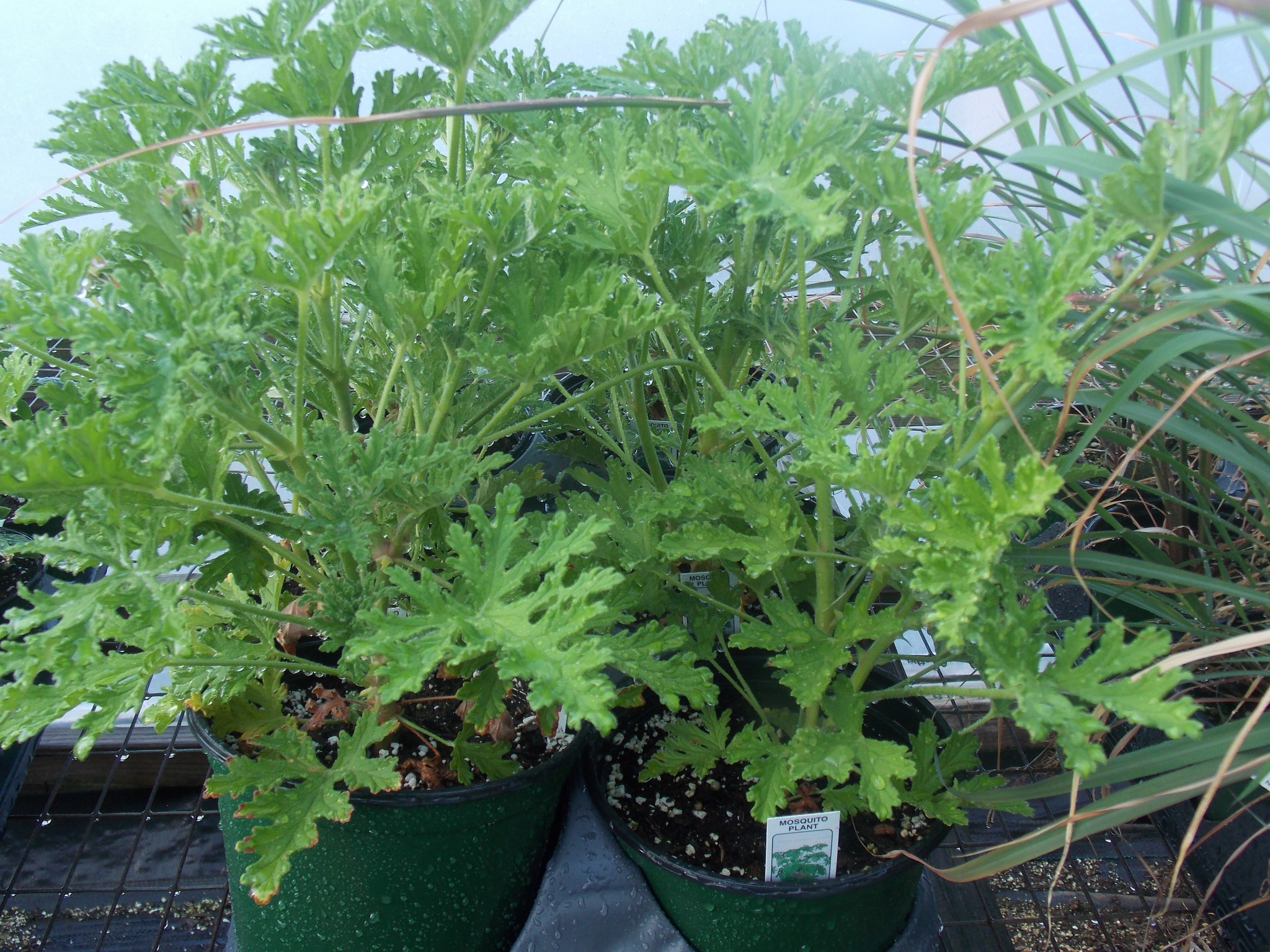
Citronella might be the first name that pops into your head when you think of mosquito-repellent plants, and for good reason. This fragrant grass is a powerhouse when it comes to deterring these tiny terrors. The essential oils in its leaves, particularly citronellal, emit a strong scent that mosquitoes find highly offensive.
How to Maximize Mosquito Repelling Power:
- Brush Up: Gently brush against the citronella leaves occasionally to release the potent essential oils.
- Location, Location, Location: Place your citronella plant near entryways, windows, or anywhere mosquitoes might sneak in.
- Think Big: While smaller plants offer some protection, a larger citronella plant will have a more significant impact on repelling mosquitoes.
Bonus Tip: Citronella plants thrive in sunny locations with well-drained soil. Use a moisture meter to monitor water level to keep them moist but not soggy, and they’ll reward you with their refreshing fragrance and mosquito-repelling prowess.
2. The Lemony Ladies: Lemon Balm and Lemon Grass
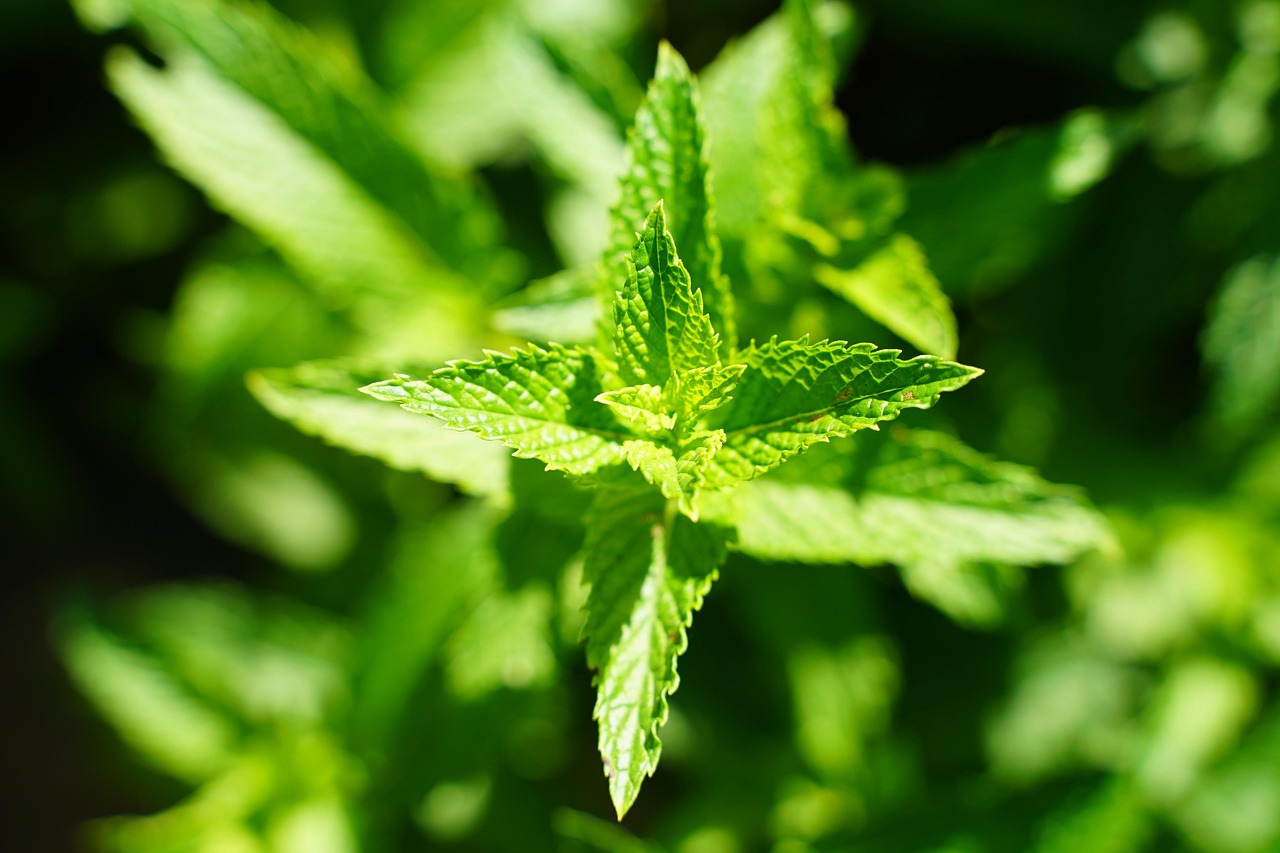
Calling all citrus lovers! Lemon balm and lemongrass are two fantastic options for adding a touch of zesty charm to your home while deterring mosquitoes. Both plants contain citronellal, the same mosquito-repelling compound found in citronella.
Lemon Balm: The Fragrant Friend
Lemon balm is a beautiful herb with delicate, lemon-scented leaves. It’s a versatile plant, perfect for adding a refreshing touch to teas and culinary creations. Plus, it repels mosquitoes with its zesty aroma.
Lemongrass: The Culinary Companion
Lemongrass is a popular herb in Asian cuisine, known for its vibrant citrusy flavor. But did you know it’s also a natural mosquito repellent? The tall, grassy stalks release a lemony scent that deters these uninvited guests.
Tips for Both Lemon Balm and Lemongrass:
- Prune Regularly: Pinching off leaves encourages bushier growth and releases more mosquito-repelling essential oils.
- Bright and Breezy: Both plants prefer bright, indirect sunlight and well-drained soil.
- Harvest and Enjoy: Don’t be shy about using these fragrant herbs in your cooking!
3. The Minty Marvels: Peppermint and Spearmint
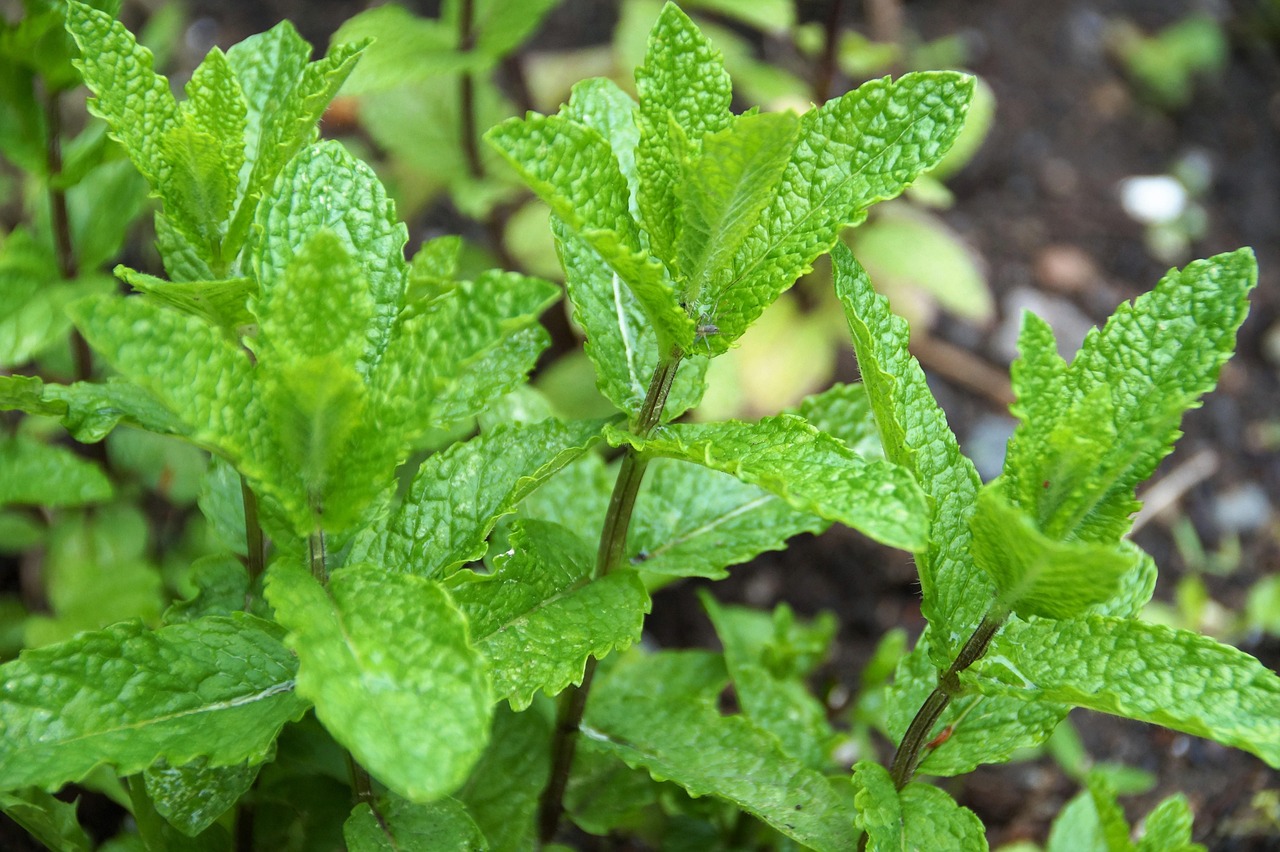
Who knew that the invigorating scent of mint could double as a mosquito repellent? Both peppermint and spearmint are fantastic choices for adding a touch of freshness to your home while keeping those pesky bugs at bay. The strong menthol aroma these plants release is a major turn-off for mosquitoes.
Keeping Your Mints in Mint Condition:
- Happy and Hydrated: Mints love moist soil, so water them regularly, allowing the top inch of soil to dry out between waterings.
- Sunshine Seekers: Provide your mint plants with bright, indirect sunlight for optimal growth and mosquito-repelling power.
- Pinching Power: Regularly pinching off leaves encourages bushier growth and releases more of the mosquito-repelling menthol oil.
Bonus Tip: Both peppermint and spearmint are prolific growers! Feel free to propagate them by taking cuttings and creating new mosquito-repelling plants for your home or to share with friends.
4. The Lavender Lullaby: Beauty and Bite Repellent
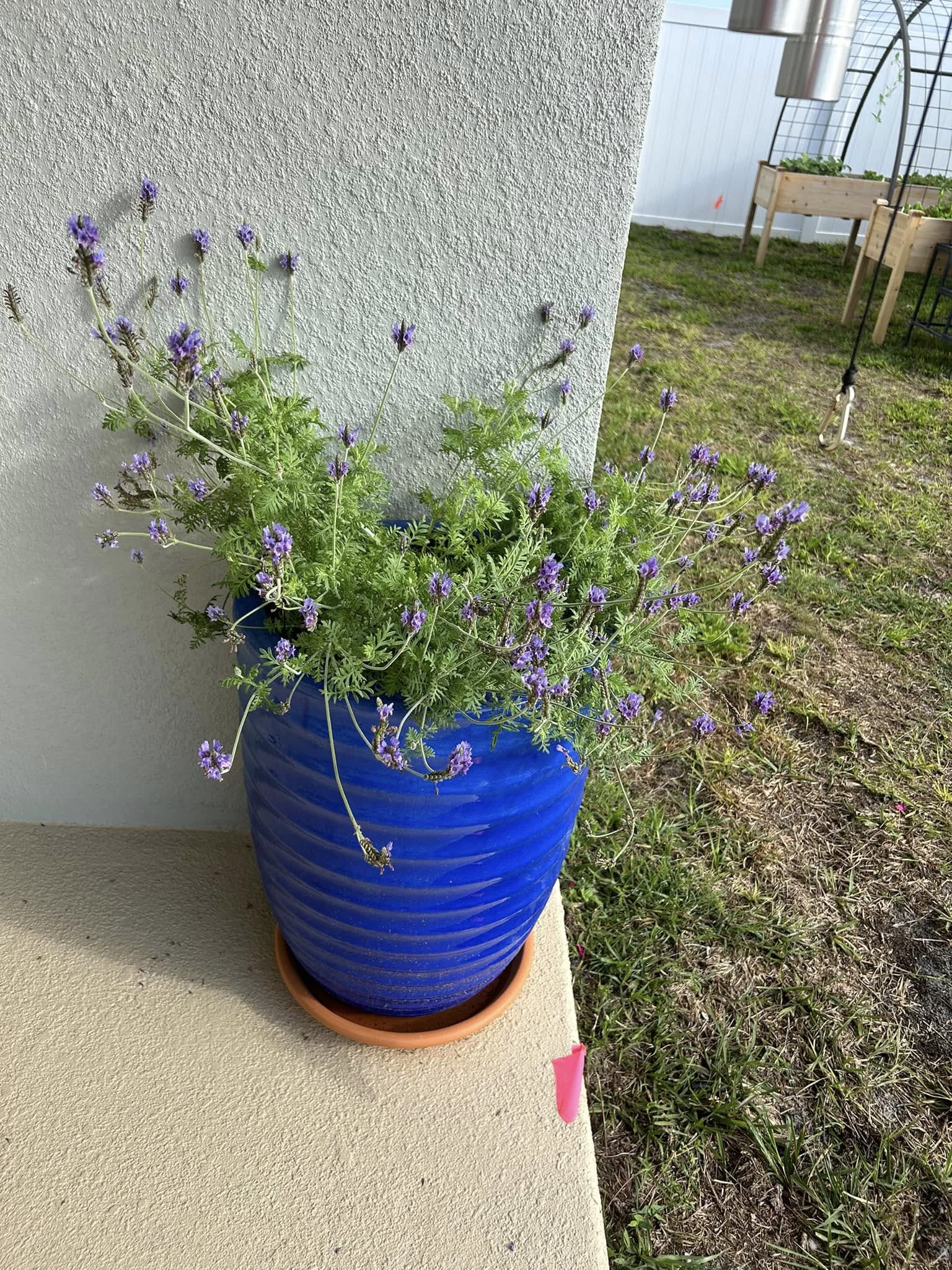
Lavender isn’t just known for its calming fragrance and beautiful purple blooms. This versatile plant also boasts mosquito-repelling properties! The strong scent of lavender oil is unpleasant to mosquitoes, making it a natural deterrent.
Creating a Lavender Oasis:
- Sunshine Seeker: Lavender thrives in sunny locations with well-drained soil.
- Water Wisely: Allow the soil to dry out completely between waterings to prevent root rot.
- Snip and Savour: The fragrant flowers of lavender can be used in sachets, potpourri, or even DIY cleaning solutions.
5. The Culinary Crusader: Basil
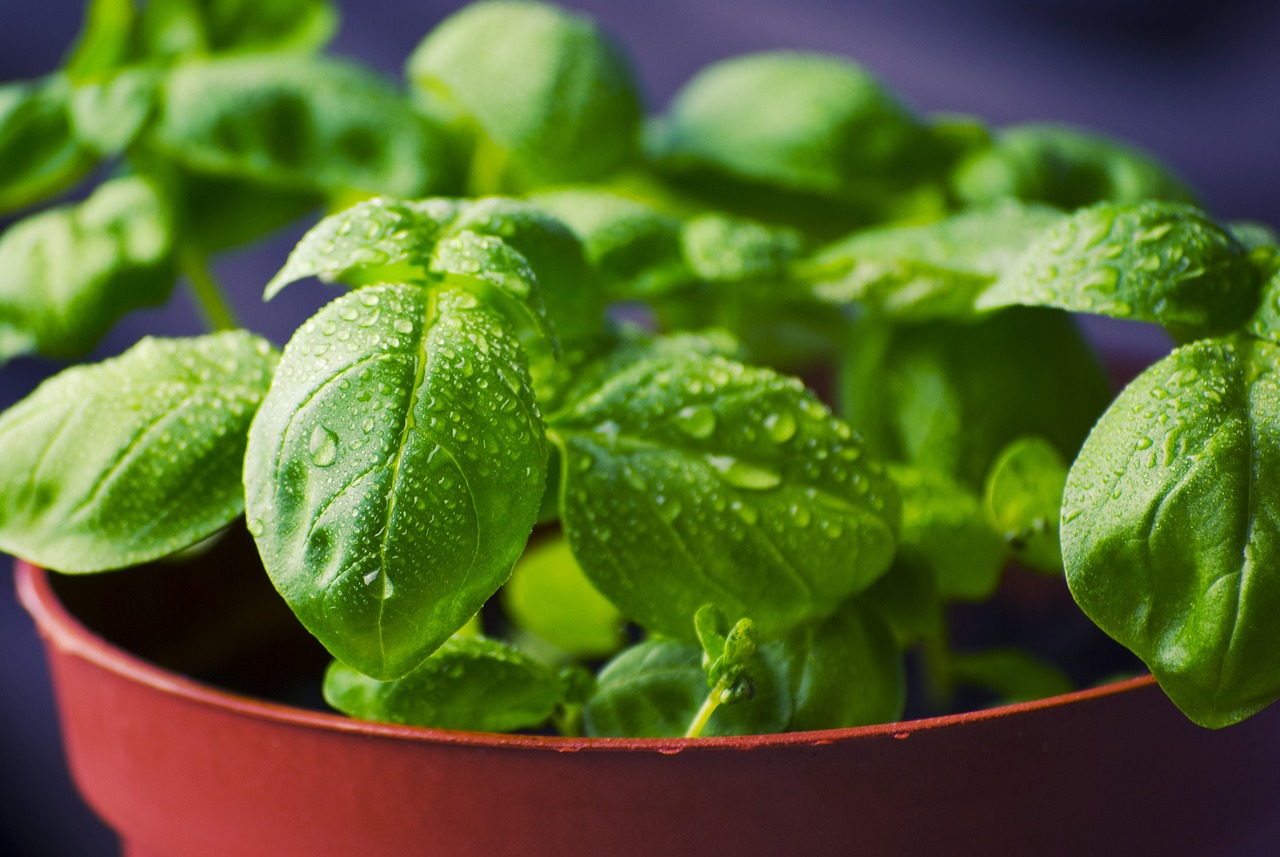
Basil isn’t just a delicious addition to your caprese salad; it’s also a natural mosquito repellent! The pungent aroma of basil leaves, thanks to the presence of citronella and eugenol, effectively deters these pesky insects.
- Sun Seeker: Basil thrives in a sunny location with at least 6 hours of direct sunlight daily.
- Pinch for Power: Regularly pinching off leaves encourages bushier growth and releases more of the mosquito-repelling essential oils.
- Harvest with Gusto: Don’t be shy about using those fragrant leaves in your favorite recipes!
6. The Marigold Marvel: More Than Just Pretty Flowers
Don’t underestimate the power of marigolds! These cheerful blooms not only add a burst of color to your home but also possess natural mosquito-repelling properties. Marigolds contain a compound called pyrethrum, which is a natural insecticide that deters mosquitoes and other flying insects.
Bringing Marigold Magic Indoors:
- Think Big: Opt for taller marigold varieties like African Marigolds for a more significant impact on mosquito repellency.
- Drainage is Key: Marigolds dislike soggy soil, so ensure your pot has good drainage holes. Water them regularly, allowing the top inch of soil to dry out between waterings.
- Enjoy the Blooms: Deadheading spent flowers will encourage continued blooming and keep your marigold plant looking its best.
7. The Catnip Caper: A Feline Favorite with a Bonus Benefit
Catnip might be the ultimate feline obsession, but did you know it can also help deter mosquitoes? The strong scent of nepetalactone, the compound that attracts cats to catnip, is actually unpleasant to mosquitoes. While it won’t turn your home into a catnip haven (hopefully!), strategically placed catnip plants can offer some additional mosquito-repelling power.
Keeping Your Catnip Content:
- Bright and Breezy: Catnip thrives in a sunny location with good air circulation.
- Pinching Power: Regularly pinching off leaves encourages bushier growth and releases more of the mosquito-repelling nepetalactone.
- Feline Fun: If you do have a feline friend, provide them with a designated catnip plant to enjoy safely.
Important Note: While catnip is generally safe for cats, ingesting large amounts can cause stomach upset. It’s important to monitor your cat’s interaction with the plant and ensure they don’t overindulge.
8. The Rosemary Renaissance: A Culinary and Repellent Delight
Rosemary isn’t just a fragrant herb used to elevate your roast chicken; it’s also a natural mosquito repellent! The strong, woody scent of rosemary leaves effectively deters these buzzing invaders.
Cultivating Culinary and Mosquito-Repelling Rosemary:
- Sunshine Savior: Rosemary thrives in a sunny location with well-drained soil.
- Water Wisely: Allow the soil to dry out completely between waterings to prevent root rot.
- Snip and Savor: The fragrant leaves of rosemary can be used in various culinary dishes, adding a touch of peppery flavor.
9. The Venus Flytrap: A Carnivorous Mosquito Catcher (For the Daring!)
Looking for a unique and slightly gruesome option? Look no further than the Venus Flytrap! This fascinating carnivorous plant attracts and traps insects, including mosquitoes, with its sweet-smelling nectar and unique hinged leaves. While not the most conventional choice, the Venus Flytrap can be a conversation starter and a unique way to keep mosquito populations down.
Caring for Your Carnivorous Companion:
- Boggy Bliss: Venus Flytraps thrive in a bog-like environment with consistently moist, acidic soil.
- Distilled Delight: Water your Venus Flytrap with distilled water to avoid mineral build-up that can harm the plant.
- Feeding Frenzy: Don’t feel obligated to feed your Venus Flytrap mosquitoes! The traps close naturally when triggered by insects, and the plant can obtain some nutrients from its captured prey.
Important Note: Venus Flytraps require specific care and are not recommended for beginners.
10. Don’t Forget the Power of Combination Plantings!
While each of these plants offers individual mosquito-repelling properties, consider the power of combining them for a multi-pronged approach! Planting a variety of these mosquito-repellent herbs and flowers together can create a more potent barrier against these pesky insects.
Note:
- Placement is Key: Strategically place your plants near entryways, windows, or anywhere mosquitoes might sneak in.
- Group Power: Consider creating mini mosquito-repelling gardens by grouping several plants together for a more significant impact.
- Enjoy the Ambiance: Not only will these plants help deter mosquitoes, but they’ll also add beauty, freshness, and a touch of nature to your home.
